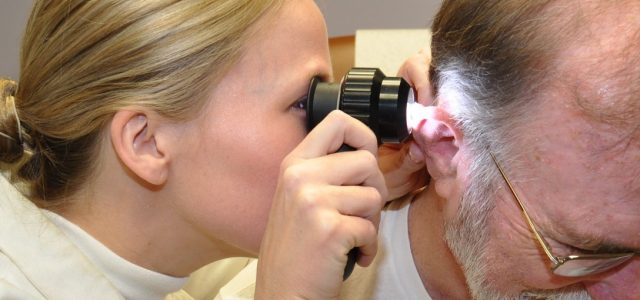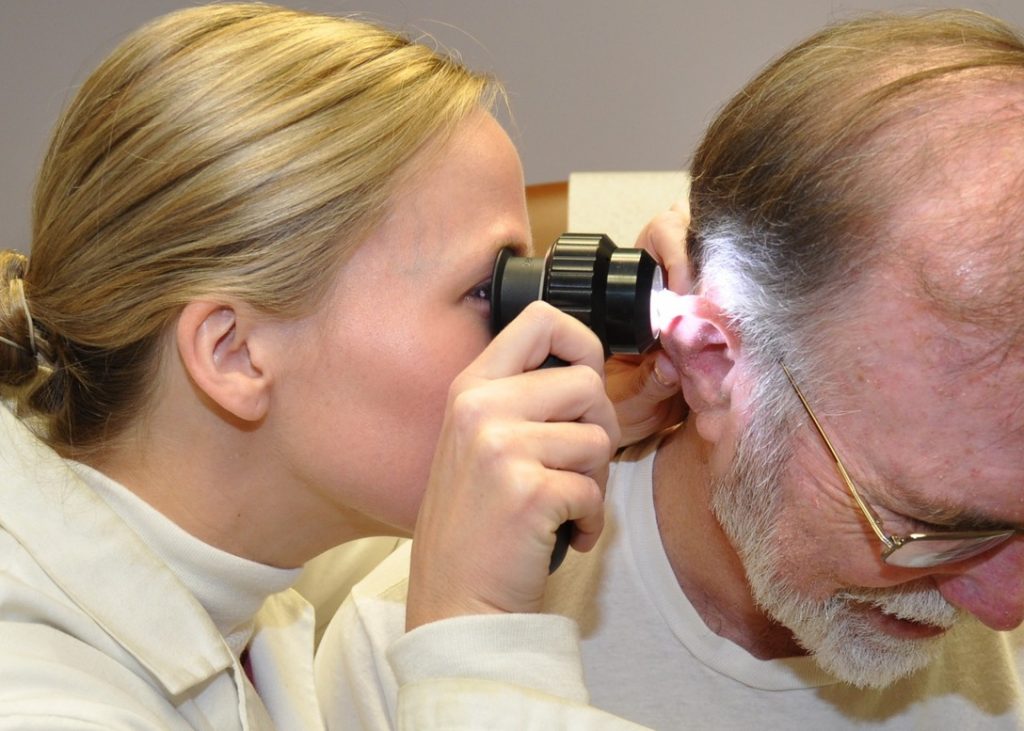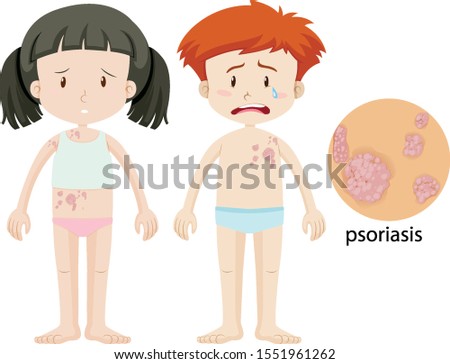5 Tips for Dealing with Psoriasis
Skin & Hair May 20, 2024 Hannah Lamarque

Over 8 million Americans suffer from the skin condition known as psoriasis. Sometimes the painful, raised lesions on your body can be unbearable and makes life difficult. If you’re somebody who struggles with living day to day with psoriasis, there’s some great ways that you can learn to help manage your psoriasis effectively so that you can live a normal life.
#1. Keep your skin moist
Keeping your skin hydrated and moisturized is one of the easiest and most important treatments you can practice to keep your skin from drying out and inflaming. When your skin isn’t dried out, you won’t be as tempted to itch and scratch, which will only lead to more inflammation. Choose easy to use products that moisturize your skin, and there’s several applications available. For a heavier, denser topical that locks in a lot of moisture, ointments are a good option. They stay on your skin longer than other topicals and you don’t have to keep re-applying. If you prefer a thinner topical that absorbs into the skin quicker and isn’t as greasy, lotions are a great option for you. You can also choose creams, which give you the added benefits of both ointments and lotions. It’s crucial to choose fragrance free products, they are cheaper and perfumes can irritate the skin.
Related Topics (Ads):
The prime time for applying your topical is right after the shower. It’s the best time to lock in maximum moisture and use your topical as a replacement to the natural oils that get stripped off your skin during washing. Another tip is to use your topical copiously during cold and dry weather, this is crucial during winter as well.
Aside from topicals, a great way to keep your skin from drying out is to use a humidifier in your home, as increased humidity helps your skin retain moisture better; it’s especially helpful when your skin struggles to do so during hot, dry summers.

#2. Soothe with warm baths
Soaking your skin in warm water is a great way to loosen up the skin and allow it to absorb lots of moisture. It’s also very therapeutic for the skin as well. Make a warm bath but make sure not to make the water too hot, as you skin is sensitive already, and you don’t want to burn it. To make the bath even more effective, you can add oil, fine ground oatmeal, epsom salt, or sea salt. During your bath be aware of soaping too much, you want to keep soap to a minimum so that you’re not completely stripping the natural oils off your skin.
When exiting the bath, pat dry yourself with your towel, do not wipe to dry as this can irritate sores on the skin and possibly cause new ones.
And of course, apply your moisturizer right after you finish drying off. If you don’t have time for a bath, you can still put a wet towel or cold compress on the affected areas.
Related Topics (Ads):
#3. Take advantage of sunlight.
Psoriasis, to put it simply, speeds up the aging of skin cells. You can slow this down by exposing your affected skin to UV radiation from the sun or artificial UV rays. Slowing your skin down with help from the sun will allow your psoriatic lesions to heal and you’ll feel it’s soothing effects. Do this about 2 or 3 times per week. Vitamin D from the sun is an important nutrient that your skin uses to heal itself, so don’t be afraid of going outside and catching some rays. Remember to apply sunscreen to healthy skin so that you don’t get sunburn. Do not keep your skin in the sun for too long, you do not want sunburn and put yourself at risk of skin cancer. Talk to your doctor before adding UV therapy to your routine as it is not for everyone.
#4. Manage your stress
Keeping your stress level down can be a significant factor in preventing breakouts. Stress can cause breakouts and make you more prone to itching, which can in and of itself stress you out more and the cycle continues. Break this by finding ways to lower your anxiety.
Building a support system of family and friends is a great way to lower your stress; being able to have them to talk to is very important. You can also try therapeutic activities like yoga, meditation, and deep breathing exercises. You can also find your own unique way of calming your stress, whether it’s a hobby or anything that soothes you. The next tip is great for lowering stress as well, but it’s generally good practice anyway.
#5. Live a healthy life
Being as healthy as you can be allows your body to control and limit breakouts better. Having a balanced, healthy diet is important to keeping your body a well oiled machine that will prevent breakouts and fight them more efficiently.
Anti-inflammatory foods are great for working into your diet. Eat lots of fruits and vegetables, especially berries, cherries and leafy greens. Fish containing omega-3 fatty acids are great to, like salmon, sardines, and similar fish. Thyme, sage, cumin and ginger are good herbs and spices to work into your cooking that can help as well heart healthy sources of fat, like olive oil, seeds, nuts, and more.
There are foods you should avoid, however, such as dairy products, red meats, processed foods and refined sugars. Try to limit these or cut them out entirely.
Also avoid drinking alcohol and smoking, these are prime suspects for causing flare ups and destroying your skin.
If you are overweight, then chances are your breakouts are more frequent or even worse. Regular exercise is a great way to lose weight and also stay healthy. You’ll start to see your breakouts come less frequently. Sweating helps your body flush out toxins and prevent breakouts.
Drinking plenty of water is essential, because when you hydrate, you’re replenishing water in your entire body and your skin. Carry a reusable water container with you everywhere you go, and especially during exercise.
Get plenty of sleep to allow your body to rest and heal. Ever notice that when you get a full night’s sleep you wake up the next morning and your lesions are slightly healed? This is because when you get a full 8-10 hours of sleep, your body has time to heal itself while you are resting. You’ll also have better energy during the day, which is important for balancing your daily life with your psoriasis management.
All of these tips, when combined, can make living with psoriasis much easier and less of a nightmare. Try them now and don’t wait or procrastinate, because your psoriasis doesn’t wait for you!
Related Topics (Ads):
Sources:
https://www.psoriasis.org/content/statistics
https://www.webmd.com/skin-problems-and-treatments/psoriasis/psoriasis-skin-care-tips#2
https://www.webmd.com/skin-problems-and-treatments/psoriasis/psoriasis-avoid-foods#1



